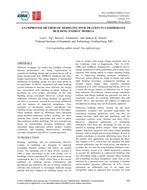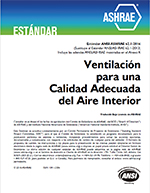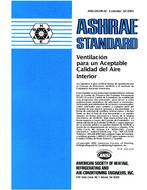Description
Different strategies for improving building envelope thermal performance are being implemented in commercial building design and construction as well as being incorporated into ASHRAE standards and other design requirements. The energy impacts of unintended infiltration on building energy use have been shown to be significant. As HVAC equipment and other building sytems continue to become more efficient, the energy loss asssociated with building envelope leakage is becoming an even greater percentage of the total building energy consumed. However, current energy simulation software and design methods are generally not able to accurately account for envelope infiltration and the impacts of improved airtightness. New strategies to incorporate airflow calculations into building energy calculations are proposed in this paper. These methods, based on infiltration rates calculated using detailed multizone airflow models, are more accurate than current approaches and easier to apply than multizone airflow modeling. The new strategies are based on relationships between infiltration rates calculated using multizone airflow models, weather conditions, and building characteristics, including envelope airtightness and HVAC system operation.
Citation: ASHRAE/IBPSA-USA Bldg Simulation Conf, Atlanta, GA, Sept 2014
Product Details
- Published:
- 2014
- Number of Pages:
- 8
- File Size:
- 1 file , 2.3 MB
- Product Code(s):
- D-BSC14-39




